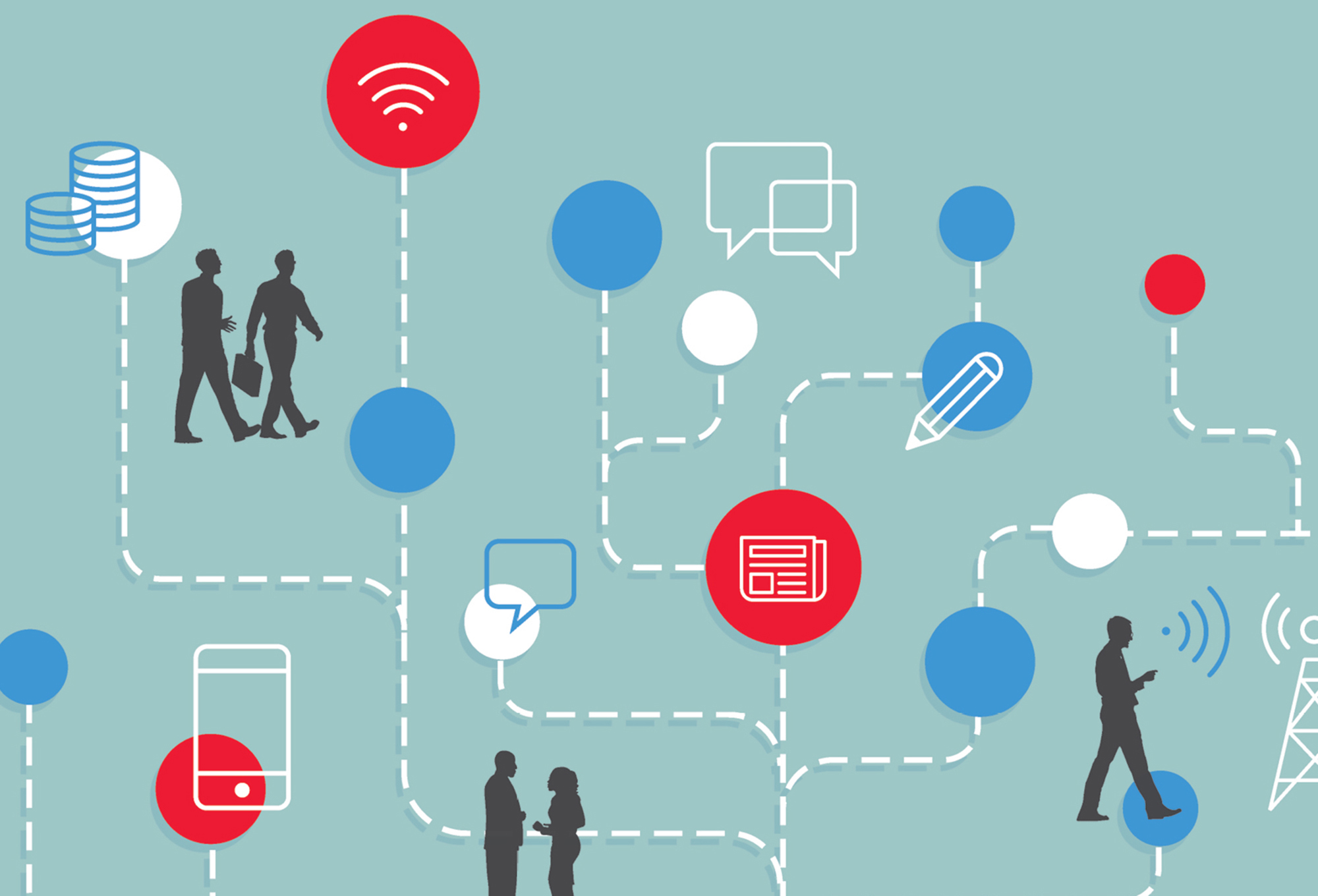Journalists are working with their communities in a range of new ways that are reshaping how newsrooms report, publish, and pay the bills. This emerging trend has roots in past journalism industry movements but has taken on unique contours in the digital age. As Democracy Fund seeks to support new tools and practices that can expand community engagement in journalism, we wanted to understand the landscape of the field in more detail. We commissioned this paper to help us create a taxonomy of engagement practices.
In this paper, we have documented a broad spectrum of efforts that help position communities at the center of journalism. Different approaches are outlined, along with useful examples from the field. We don’t seek to prioritize or rank these different models, but rather understand that each meets different newsroom goals and community needs. Together, we refer to the full spectrum of ideas presented here as “Engaged Journalism.”
Engagement is an emergent practice in journalism although it has been explored and debated for years in other fields, which have invested greatly in documenting, training, and supporting innovation and best practices. But as newsrooms grapple with these ideas anew, it is to be expected that the language they use will be a bit of a contested terrain. It is in language where we hash out the core ideas that shape how we operate in the world.
We undertook this study of engagement to clarify our own thinking, not to enforce a uniformity on others. We hope our taxonomy will be of use to the field, but we also see the value in continuing to push and pull on the meanings behind the words we use. We also welcome your feedback on these ideas and look forward to hearing more stories about how engagement is understood in your newsroom and community.
